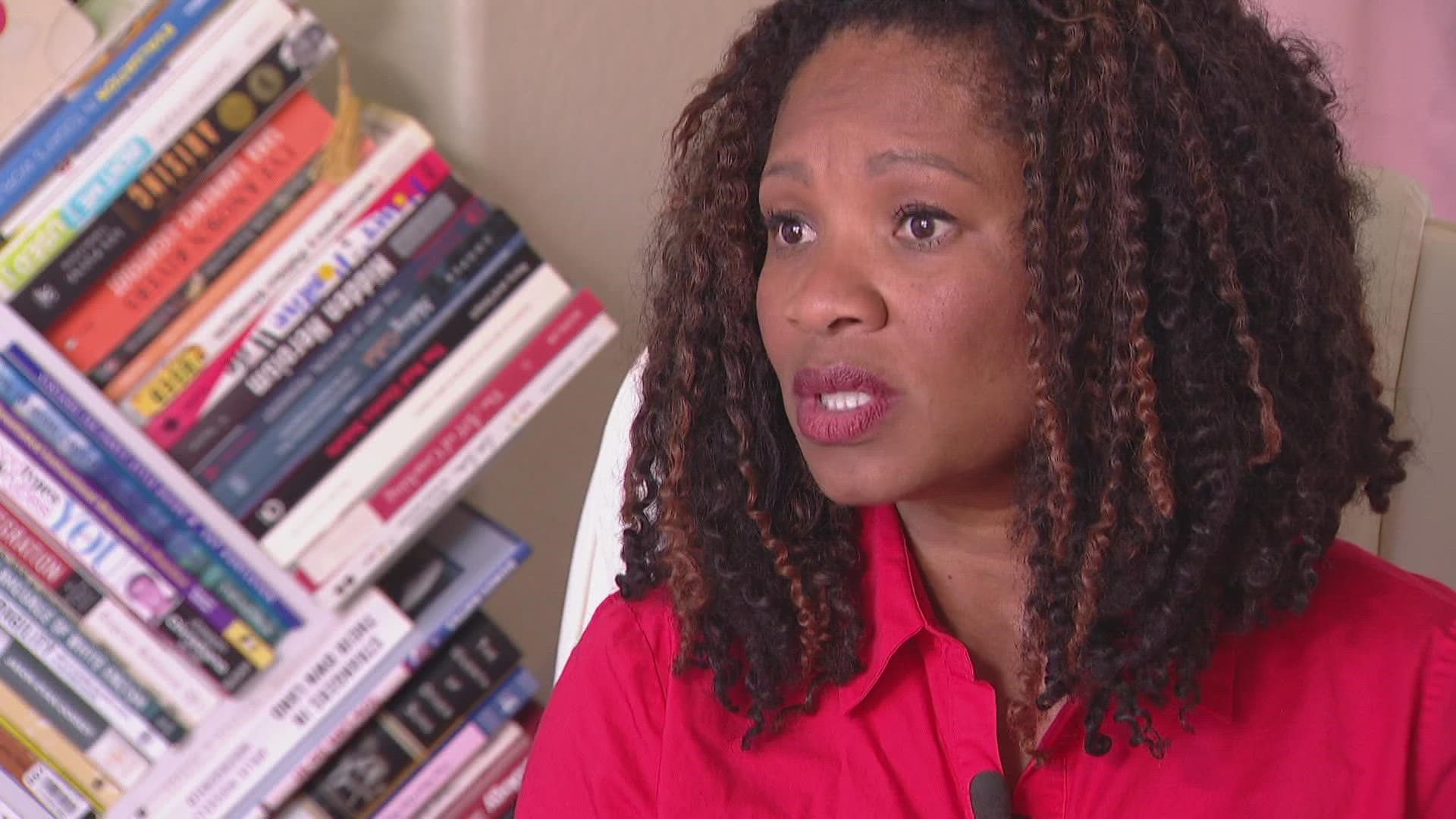DENVER — Denver Public Schools submitted its initial plan this week to fix a special education program the state found systematically denied the education rights of Black students.
The corrective action plan followed requirements from the Colorado Department of Education, which mainly addressed training for the district's team overseeing its special needs program, and a quality review of files for students named in the complaint, the document showed.
Last month, CDE found the "affective needs" program for students with emotional disabilities includes a disproportionate number of Black boys. The State Complaints Officer found a long list of issues with how the district placed and evaluated the students in that program.
RELATED: State finds multiple issues with DPS program that includes disproportionate number of Black boys
It said the district failed to appropriately determine the eligibility of students, failed to try to educate them in more traditional classroom environments, denied parents participation in the program and failed to revise student education plans.
In 2020, the district had a plan to close the affective needs program, calling it "one of our most glaring examples of institutionalized racism."
"It was definitely eye-opening, I don’t think that we would say that we weren’t aware of some of the problems, but it was glaring at how significant and broad those concerns and the findings were," Julie Rottier-Lukens, DPS Executive Director of Exceptional Student Services, said.
Rottier-Lukens said the district will follow the requirements CDE outlined, with the corrective action plan as its first step.
"I was pleased that at least we have written policies and procedures that in paper are adequately developed in order to support the school teams, but where we’re falling down is that our schools don’t necessarily know or need additional training in how to follow those policies and procedures," she said.
She said the additional training the state will require will help, and addressing the disproportionality is one of its priorities.
Education advocates say it's a good first step, but they want the Denver district -- and others -- to do more.
"This is beyond our special needs population," said Dr. Tameka Brigham, EdD. "But at the end of the day, we see disproportionate practices for African American students throughout the metro area, quite frankly."
She said the state report and its implications -- that institutionalized racism continues to affect students -- should "outrage" teachers, school leaders and the general public.
The district acknowledges there is more work to be done.
"It is critical that we address this as quickly as possible, because every single child that’s currently in an affective needs program needs us to be paying attention and reviewing their individual education plans to make adjustments immediately," Rottier Lukens said.
It's a promise Pamela Biscegia of Advocacy Denver, which filed the first complaint to spur the state action, has heard before.
"Over the years there had been promises that they were doing work, that they were working to improve the programs to really address the issues in terms of disproportionality," she said. "Unfortunately, [..] those changes weren’t made."
She has also filed a complaint on the federal level examining disproportionate suspensions and restraints used in the affective needs program.
"We are hopeful that this will be the thing that changes the program," Biscegia said. "The district really has an opportunity to do something more. They have the opportunity to take a deeper dive in to really look at the systemic issues more carefully."
Rottier-Lukens said the superintendent has made fixing this special education program a priority, which gives the district more bandwidth to help students who need it.
"It’s their future that is on the line," she said.
SUGGESTED VIDEOS: Education stories from 9NEWS

